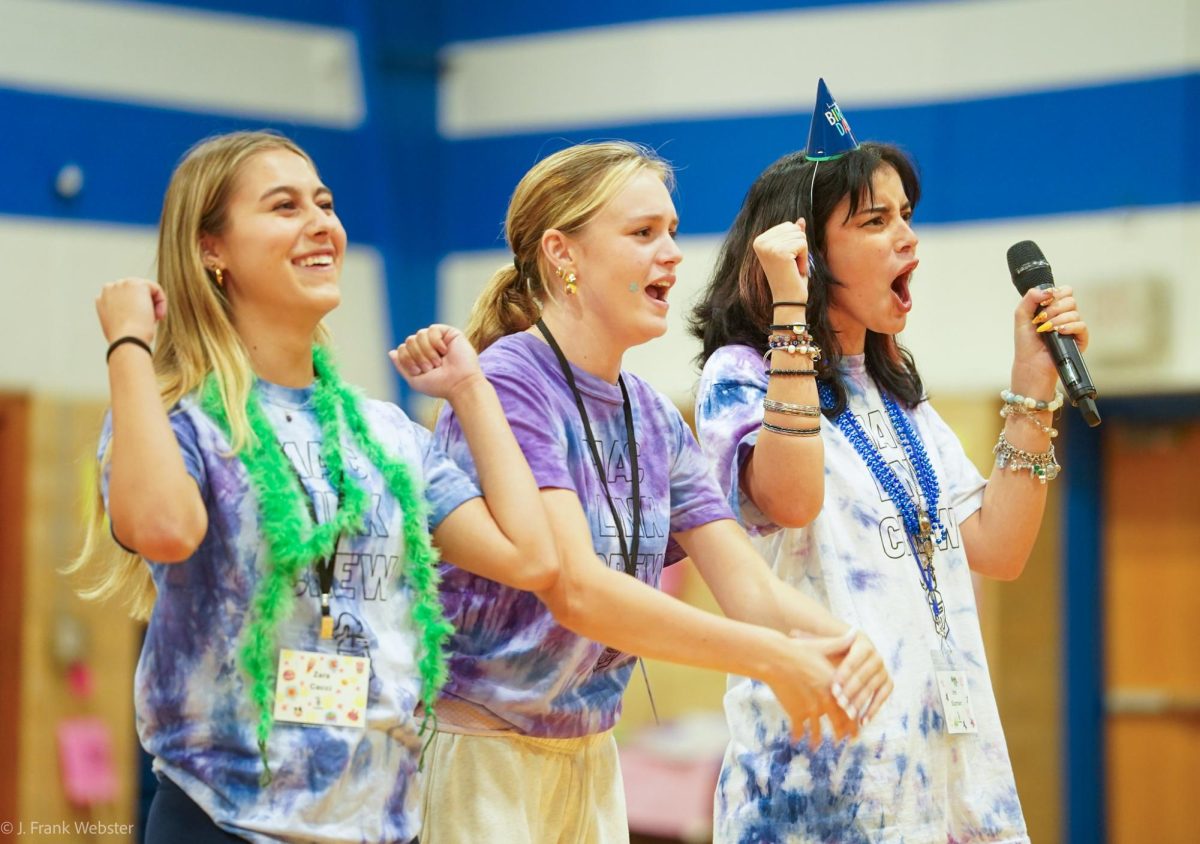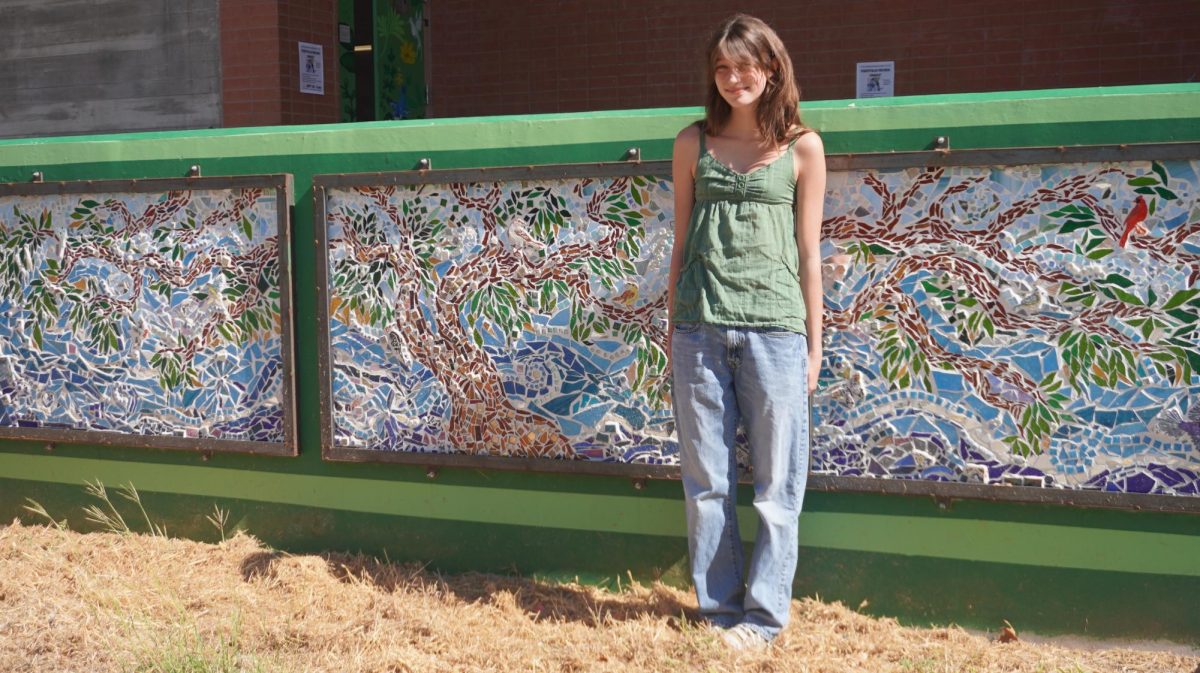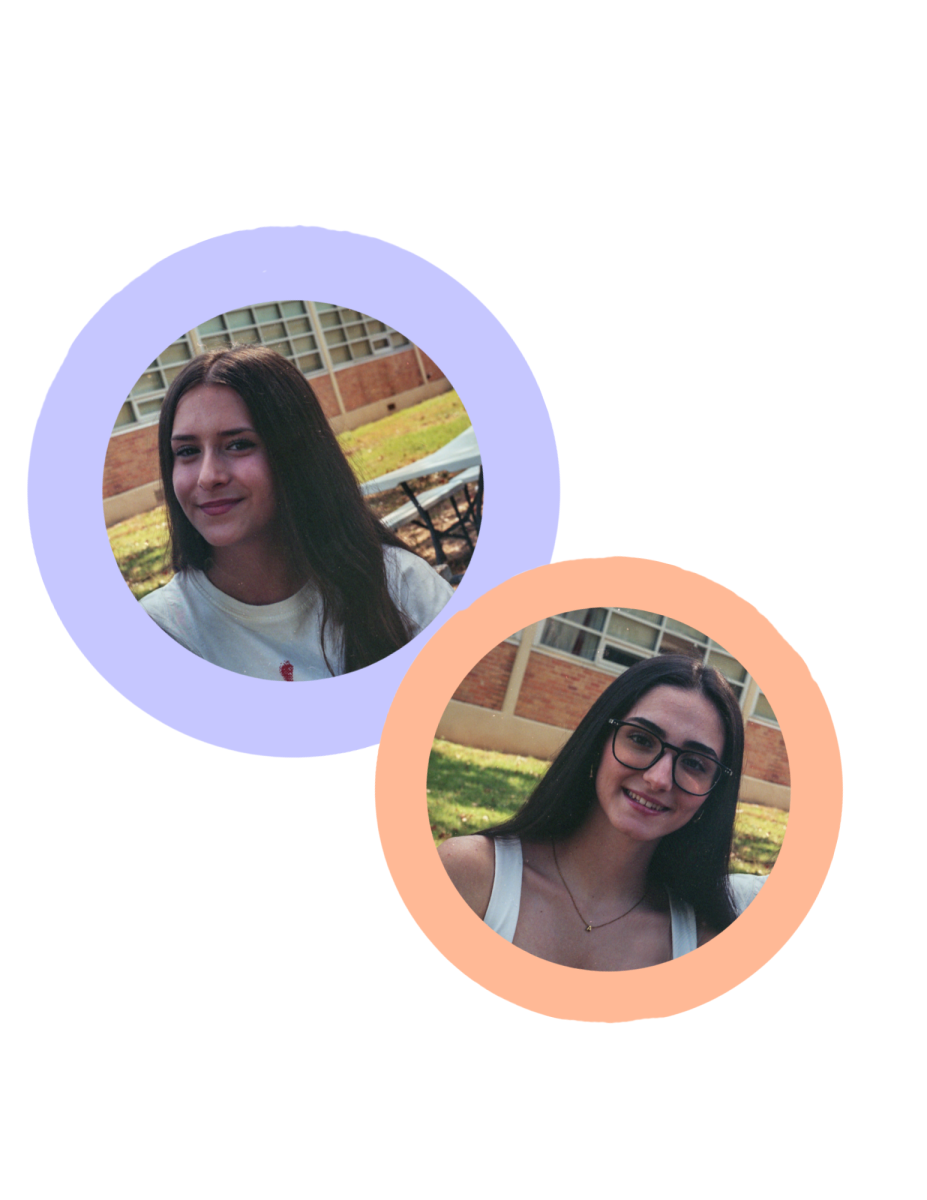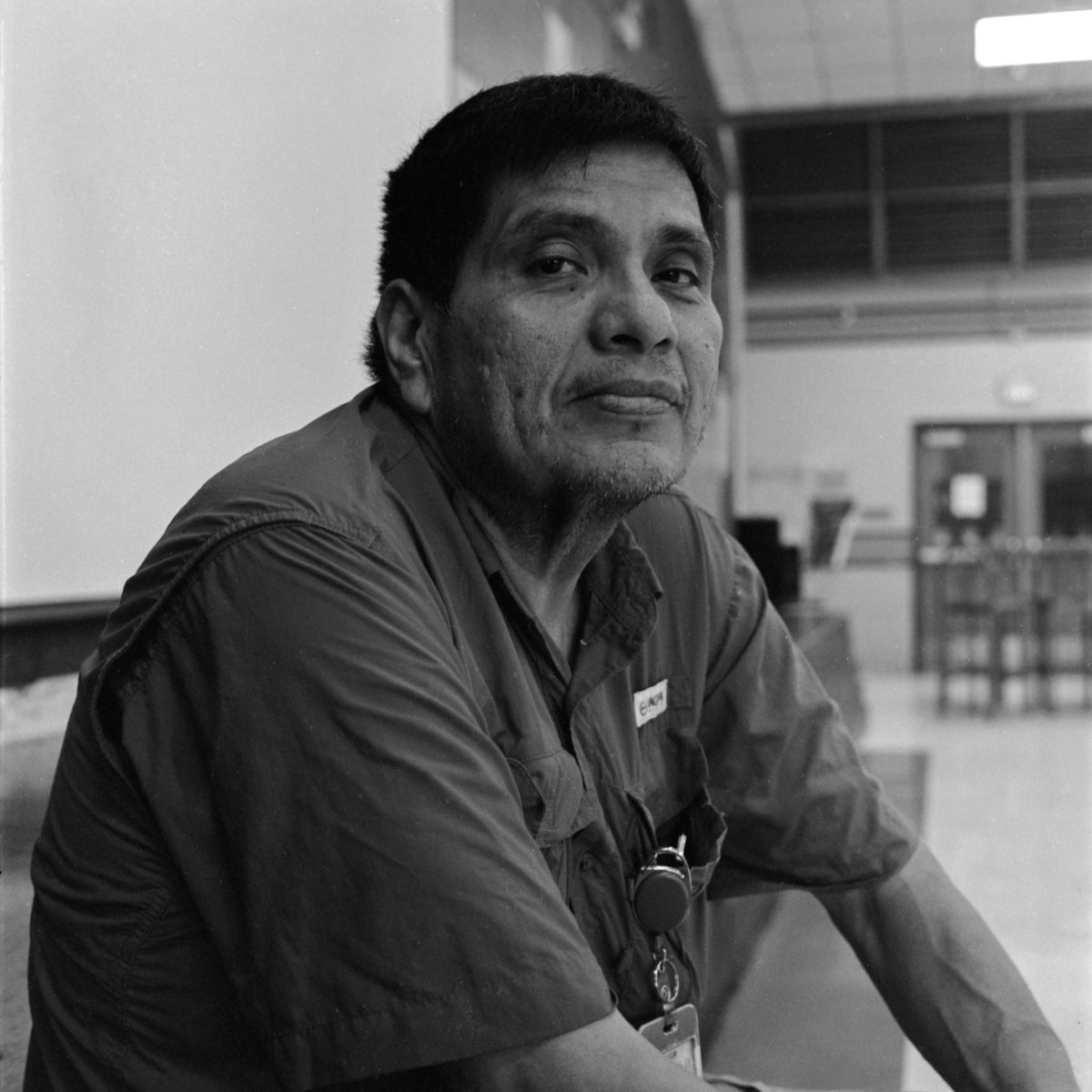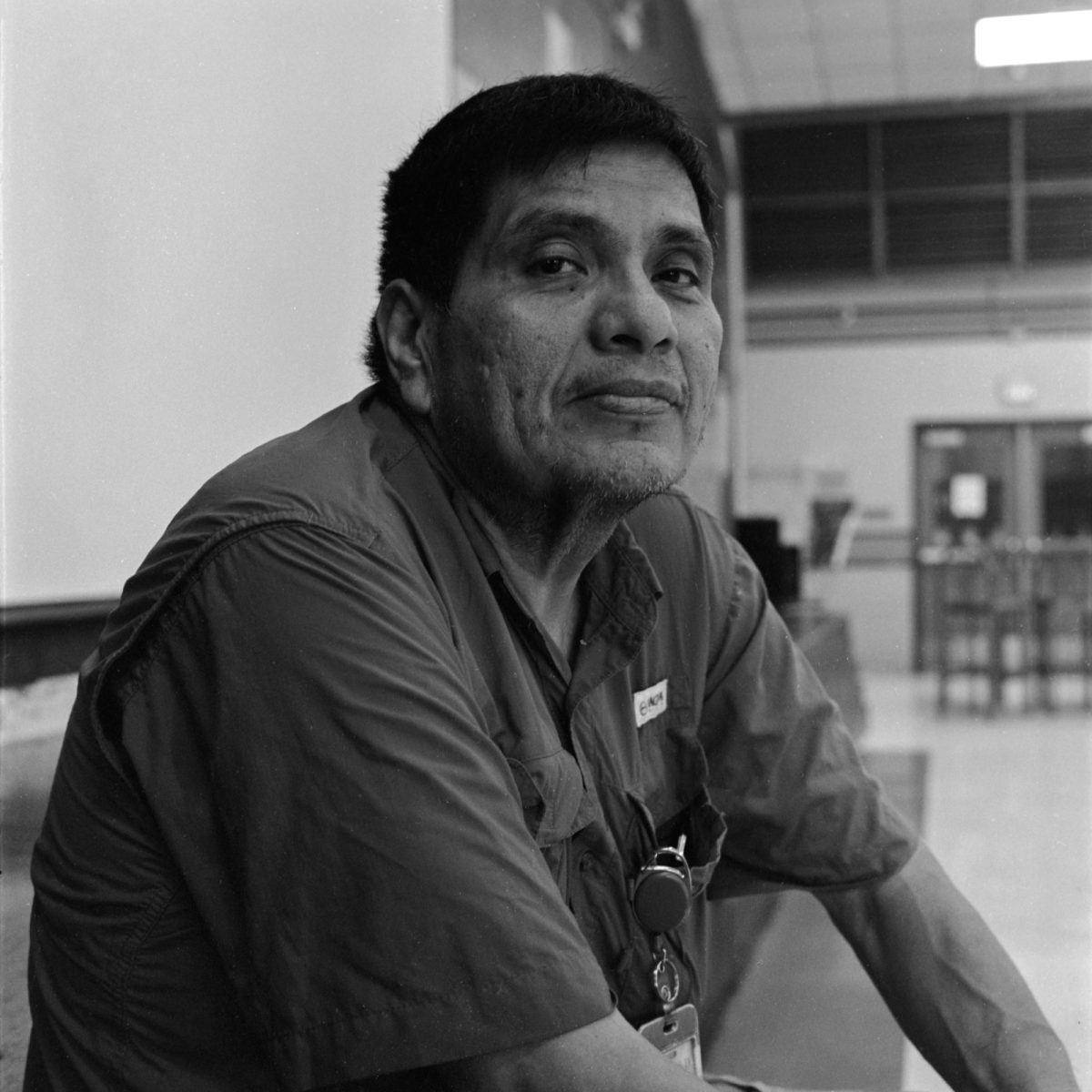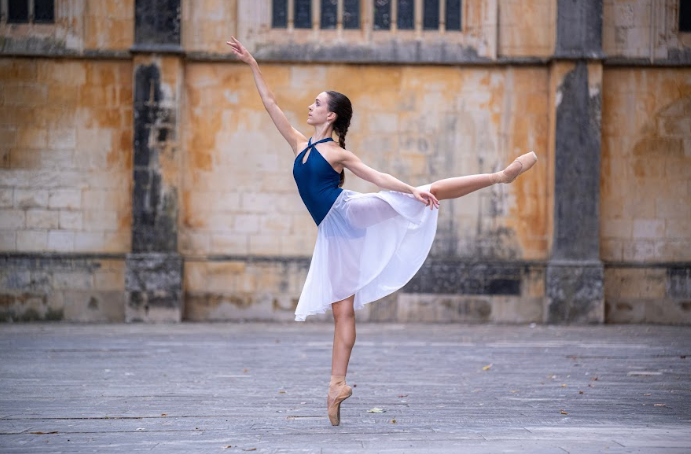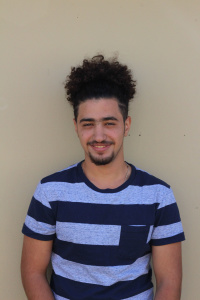
Recent political headlines reflect the public debate over the issue of refugees seeking asylum from countries affected by war and religious conflict. It is hard for the average American to humanize this issue. It seems too foreign. For McCallum senior Abdul Hassan, however, the issue is personal.
Hassan came to Houston on Jan. 27. His hometown—Damascus, the capital of Syria—is known for being one of the oldest, most continuously inhabited cities in the world. In January 2013, Hassan, along with his brother and his mother, left their life in Syria for a new one in Malaysia. Once there, they applied for refugee status through the United Nations, a process that took four years.
The process to apply for refuge is long and extensive. Refugees seeking asylum are not given a choice as to where they are relocated. Hassan and his family were moved to Austin with no familial connections to their new life in America. The cultural differences between America and Syria were numerous.
“Whenever you come to the Middle East, it’s all related to religion,” Hassan said. “Malaysia is more like here: there is more freedom.”
Not only were there physical cultural differences to negotiate; there was a new public belief system to navigate as well.
“Changing is not easy,” he said. “You don’t even know how these people think about you. You don’t understand them. Maybe they’re thinking ‘Oh my God, this Middle Eastern, Muslim, terrorist, is in our school.’”
Hassan considers himself lucky—he has made many friends at McCallum and has always liked his teachers.
There was one incident, however, on his first day of school, in which he felt personally singled out by another individual—a substitute teacher.
“He asked me where I was from,” Hassan said. “I said Syria. He asked what I was doing here, and I said I have war in my country. He asked if I was Christian, and I said, ‘No, I am Muslim.’ He asked ‘So why did you run out, you are Muslim, so why’d you leave Syria?’ I looked at him and was like ‘Why wouldn’t I run out of Syria?’”
To Hassan, little instances of ignorance like this are inconsequential in comparison to the freedom that comes with living in the United States.
In Austin, Hassan acted in The Long Road Home, a miniseries produced by National Geographic about the war in Iraq. To commemorate the film, he wears a necklace that has metal tags etched with important dates for the movie. This sense of community and friendship through acting is a feeling shared by many students at McCallum. He said that the experience made him feel important in his experience as a Muslim in America, and gave him a unique perspective on Western ideas of the Middle East.
“It reminds me of the beautiful time that I had with beautiful people.,” he said. “It shows that they [people] respect us even with everything that is being told about us.”
One of the main differences between life in America and life in Syria is the way the government is run.
“From the outside it’s democratic, it’s just like the USA,” Hassan said. “But from the inside, you can’t say anything about the president because if you do, you’re not gonna see the sun again.”
The political turmoil in Syria had a huge effect on his family, forcing them to leave their house and most of their belongings behind.
“When they bombed our area” he said, “Me and Rami [his brother] were at home, and my mom and my dad were at work.”
They stayed with a friend for two days, then went back to survey their house.
“The free army was outside and said ‘OK, we’ll get you in, you can’t get out after 8:30 a.m., you take whatever and run.’ There were specific places you could walk on only, so we were walking on the wall, and there was a dead body on the street.”
This is not Hassan’s only experience with violence in his hometown. The Syrian government abducted his cousin, a journalist who conducted social experiments. For a year and a half, his family didn’t know if his cousin was alive or dead.
“It’s hard to feel like you are nothing” Hassan said. “It’s like you are very weak and have no power.”
These experiences are not uncommon among other refugees.
“There is no right side in this war” he said. “There is no one who is really fighting for his nation. The government army is just killing their people for nothing, and then the free army fights for themselves. They think they’re gonna make everything better, but it’s been seven years, and it’s worse. There is the Free Army and the government. There is ISIS. They’re fighting for nothing, trust me.”
It is often easy to forget that these global issues have an impact on the greater Austin community and on the McCallum campus. Austin has many programs providing housing and financial assistance to immigrants and refugees, and AISD has services providing language support, student registration and emotional support to ensure the readiness and well being of their students. AISD partners with several Austin programs to ensure immigrants and refugees have access to education.
Hassan has the same hopes and aspirations as any other student at McCallum. He worries about college essays, and studying for tests. He has a job working long hours at Syriano Shawarma (a food truck that specializes in Middle Eastern food) after school and on weekends. He hopes to go to UT after he graduates, to study architecture and engineering, and after living in Austin for five years, he hopes to apply for citizenship.
“It was lovely the way that people welcomed me here,” Abdul said. “It’s like I’m home.”
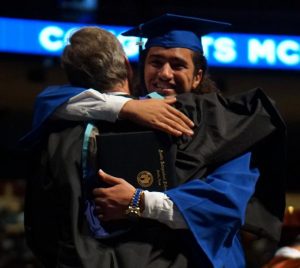 UPDATE: Hassan, shown here hugging principal Mike Garrison as he crosses the Erwin Center stage at commencement exercises on May 31, graduated from McCallum and will attend Austin Community College in the fall.
UPDATE: Hassan, shown here hugging principal Mike Garrison as he crosses the Erwin Center stage at commencement exercises on May 31, graduated from McCallum and will attend Austin Community College in the fall.


